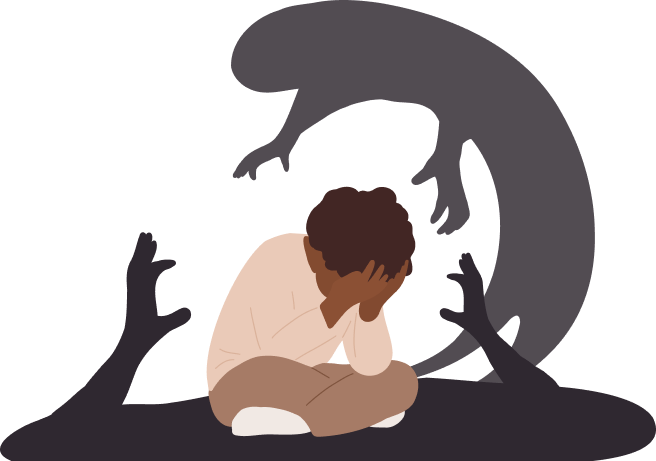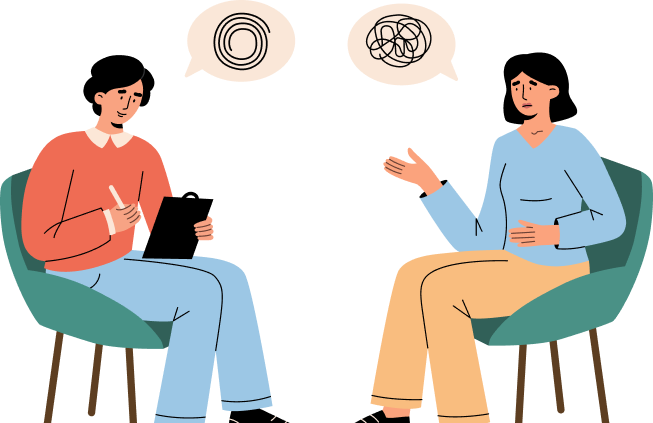Around 12% of Australians experience PTSD in their lifetime
PTSD is a mental health condition that can develop after experiencing a traumatic event

Around 12% of Australians experience PTSD in their lifetime
PTSD is a mental health condition that can develop after experiencing a traumatic event


Trauma can take many forms, including physical, emotional, or sexual abuse, accidents, natural disasters, or witnessing or experiencing violence. Trauma can result in Post-Traumatic Stress Disorder (PTSD), a mental health condition that can develop in individuals who have experienced or witnessed a traumatic event.
PTSD can manifest in many ways, including intrusive thoughts, nightmares, avoidance of triggers or reminders of the trauma, hypervigilance, and emotional numbing. These symptoms can significantly impact an individual’s daily life, relationships, and overall well-being. If left untreated, PTSD can worsen and lead to other mental health conditions such as depression, anxiety, or substance abuse.

At Guiding Light Psychology, we understand the importance of seeking treatment for PTSD and other trauma-related conditions. Our therapists use evidence-based treatments such as Cognitive Behavioral Therapy (CBT), Eye Movement Desensitization and Reprocessing (EMDR), and Trauma-Focused Cognitive Behavioral Therapy (TF-CBT) to help individuals manage their symptoms and work through their trauma in a safe and supportive environment.
You can easily get in touch with us by calling (02) 7252 3418 or by sending an email to info@guidinglightpsychology.com.au. Our friendly team is always ready to assist you with any questions or concerns you may have about our services.

What are the signs of PTSD?
-
Signs of PTSD (Post-Traumatic Stress Disorder) can include recurring memories or nightmares of a traumatic event, avoiding situations that may trigger memories of the trauma, negative changes in thinking or mood, and feeling on edge or easily startled. It’s important to seek professional help if you’re experiencing these symptoms after a traumatic event.
When should I treat PTSD?
+
It’s important to seek treatment for PTSD as soon as possible after a traumatic event. The sooner treatment is received, the better the chances of managing symptoms effectively. However, it’s never too late to seek treatment for PTSD, even if the traumatic event happened many years ago.
How can I prepare for therapy for PTSD?
+
Preparing for therapy for PTSD can involve setting specific goals for what you want to achieve in therapy, gathering information about different therapy options and choosing a therapist who specialises in treating PTSD. It’s also important to have a support system in place and to be open and honest with your therapist about your experiences and symptoms.